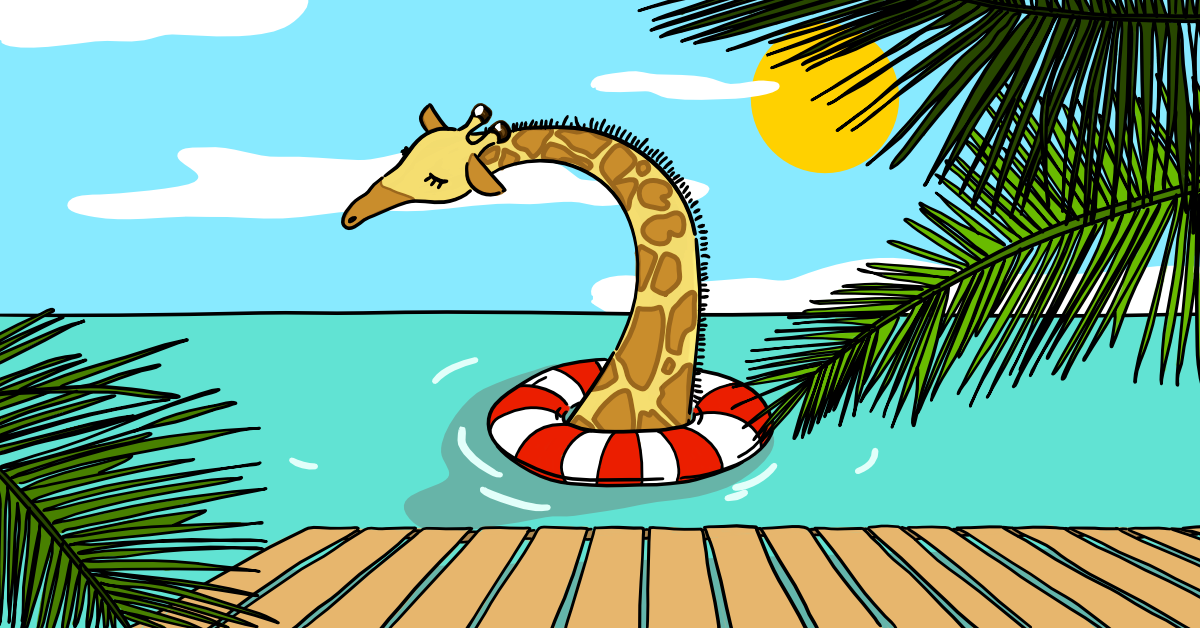Families, Children, Dreams, Bismarck, Lies
The Ashkenazi Quarrel
Arthur Fish | Tablet | 17th July 2019
A theory of family quarrels. “Modern Ashkenazi Jews have developed a peculiar way of expressing anger at one another that makes our family quarrels unusually prolonged and bitter. In most cultures an angry person longs to unload their rage on the wrongdoer. A Jewish quarreller prides himself on not talking to the offender. The quarreller will elaborate endlessly to anyone on the injustice he’s suffered — with the crucial exception of the putative wrongdoer. A fully established quarrel is a life project” (4,000 words)
The Children Who Survived
Svetlana Alexievich | Paris Review | 17th July 2019
Extract from Svetlana Alexievich’s Last Witnesses, which collects children’s memories of World War II in the Soviet Union. Read and weep. “Our mama lies by the road with her arms spread. We ask her to get up, but she doesn’t. The soldiers wrap her in a tarpaulin and bury her in the sand … We sat by mama’s little mound till night, till we were picked up and put on a cart. The cart was full of children. Some old man drove us. We came to a strange village and strangers took us to different cottages” (2,400 words)
The Impossible Dream
David Wootton | Lapham’s Quarterly | 17th July 2019
America alone enshrines happiness as a constitutional objective. The Founding Fathers thought that encouraging the “pursuit of happiness” would also encourage the conditions of liberty necessary for that pursuit. For once, their grasp of human nature failed them. “To constantly pursue something you can never catch is a form of madness. We have built this madness into the very structure of our lives. We now can see that a society devoted to self-gratification may destroy the conditions of its own existence” (3,400 words)
Some Traits Of Bismarck
Herbert Tuttle | Atlantic | 1st February 1882
Flamboyant, action-packed profile of the German chancellor. “He is a brawny, swaggering giant, fond of eating, drinking, and fighting, gifted with a coarse, telling humour. No such picturesque character has appeared in Germany since Frederick the Great, and in some respects he understands his countrymen better than even the hero of Sans Souci did. He is a blunt, stern, almost brutal rationalist, while Frederick, except in war, showed a strong taste for foppish, sentimental, and fantastic methods” (9,040 words)
The History Of Lying
Beatrice Wilford | Five Books | 17th July 2018
Historian Dallas Denery talks about the philosophy and theology of lying, from the Middle Ages to the present. “Rousseau is one of the first to offer a non-religious account of the origins of deception. Before Rousseau, people tied lying and deception to the Garden of Eden and the Devil. Rousseau argues that lying is a natural phenomenon. We lie to get ahead. This leads to a new diagnosis of the human condition. We no longer suffer from original sin, we suffer from insincerity and inauthenticity” (4,560 words)
Video: Negative Space. Miniature masterpiece of animation, based on a poem by Ron Koertge about packing a suitcase and remembering a father’s advice (5m 27s)
Audio: Misuse Of Data | Solvable. Data scientist Jake Porway talks to Jacob Weisberg about opportunities for using AI and big data to improve human health and happiness (33m 51s)
Afterthought
“I am incapable of conceiving infinity, and yet I do not accept finity”
— Simone de Beauvoir
